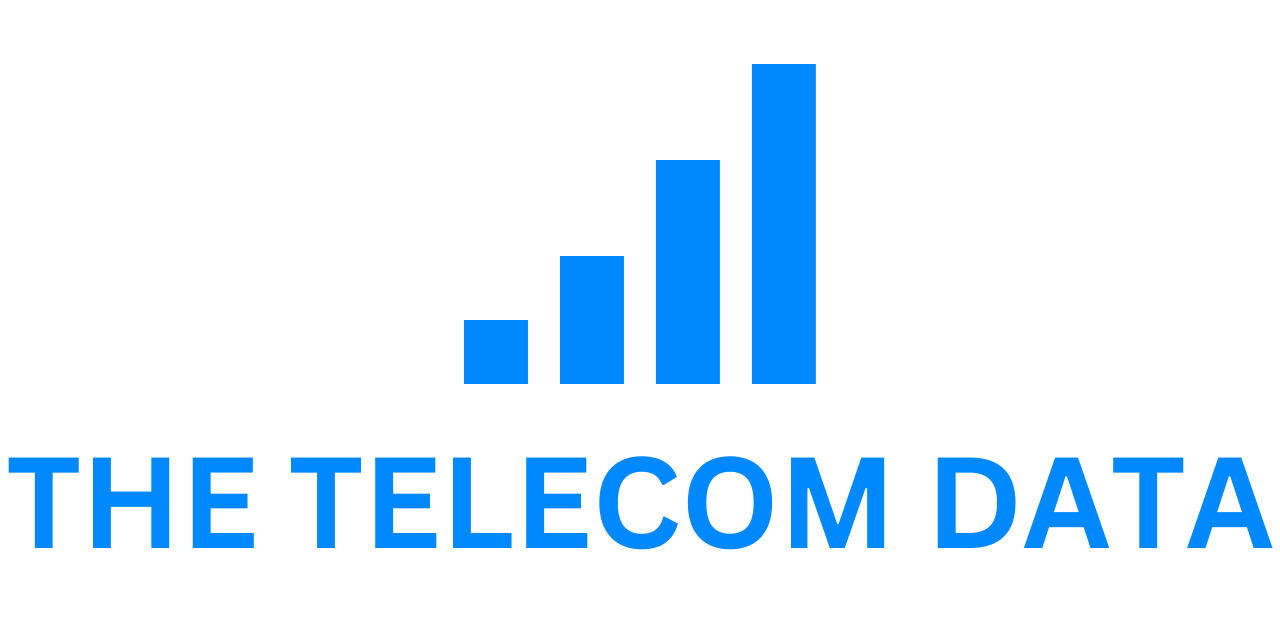5G Americas, the leading advocate for 5G and LTE technologies in the Americas, has released its latest briefing paper titled “Spectrum Sharing: Challenges and Opportunities.” This comprehensive paper delves into the complexities of spectrum sharing models, exploring their technical, regulatory, and economic facets, and highlighting their potential benefits for the wireless industry.
The briefing paper covers various spectrum sharing techniques, including standardized single and multi-technology approaches, as well as evolved spectrum access systems and Dynamic Spectrum Sharing (DSS) technologies. These advancements are crucial as the demand for wireless services continues to grow exponentially. The paper examines industry specifications and regulatory perspectives related to DSS, underscoring the challenges inherent in spectrum sharing and emphasizing the importance of effective spectrum management, particularly in the 3.1-3.45 GHz band.
Chris Pearson, President of 5G Americas, emphasized the significance of spectrum resources, stating, “Exclusive use of dedicated radio spectrum is critical for the U.S. wireless industry, economy, and technology leadership. However, effective spectrum sharing could be part of the solution, requiring innovative technologies and collaborative regulatory frameworks to ensure harmonious coexistence between legacy users and new market entrants without compromising performance.”
Key sections of the briefing paper include:
- Overview of existing spectrum management models, detailing licensed, unlicensed, and shared spectrum mechanisms.
- Definitions and techniques of Dynamic Spectrum Sharing (DSS), exploring interpretations by leading industry bodies like 3GPP and 5G Americas.
- Review of commercial experiences in the United States, focusing on initiatives like the Citizens Broadband Radio Service (CBRS) and Automated Frequency Coordination (AFC) in the 6 GHz band.
- Exploration of potential spectrum sharing approaches in the 3.1-3.45 GHz band.
- Analysis of technical, regulatory, and economic challenges associated with spectrum sharing.
Karri Kuoppamaki, SVP of Advanced and Emerging Technologies at T-Mobile US, Inc., and co-leader of the work group, emphasized, “Efficient spectrum sharing is not merely a technical challenge but a strategic opportunity. It necessitates policy development that incentivizes collaboration and ensures equitable access to this critical resource.”
Brian Daly, AVP of Wireless Technology Strategy & Standards at AT&T, added, “While exclusive spectrum use remains crucial for societal, economic, and national security benefits, spectrum sharing presents a viable solution when dedicated commercial spectrum is not feasible. Advanced radar sensing methods used in spectrum sharing could meet the growing spectrum demands of wireless services.”
The briefing paper underscores the importance of evolving spectrum management practices to support the burgeoning wireless ecosystem effectively.







